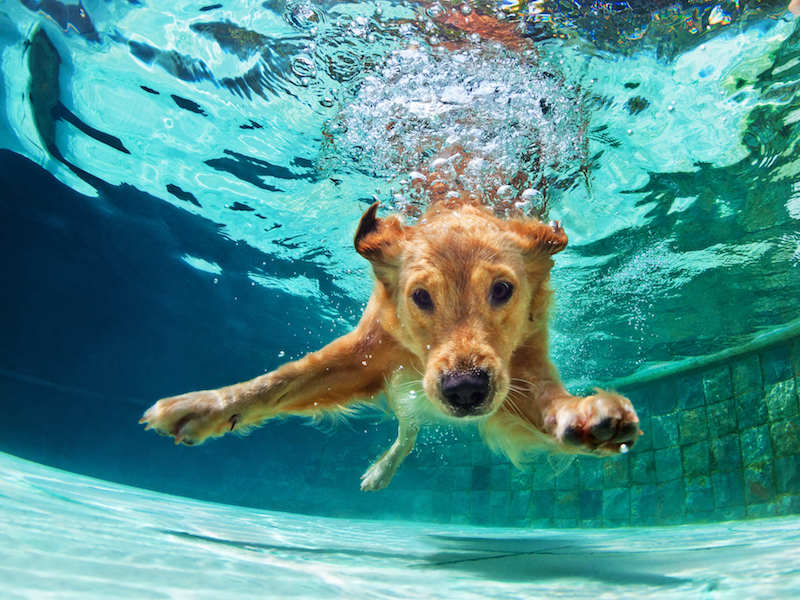
There are a lot of different things that can damage the delicate technology that makes a hearing aid work the way it does, but few have the impact of water. Hearing aids seem to self-destruct under severe moisture conditions. Taking that into consideration, humidity is a huge problem.
Irreversible damage is done by moisture that you can’t see. It’s essential to educate yourself about why humidity harms hearing aids.
Understanding Humidity
Even though the word humidity is very common, what does it really mean? PBS defines humidity as water molecules in the air. The relative humidity refers to the ratio of water molecules in the air compared to how many the air can actually hold. The greater the percentage, the wetter everything feels.
Humans cool down their body by sweating so that makes us very sensitive to humidity. When humidity levels are high our sweat will not evaporate as quickly. Moisture and electronics don’t mix well and that includes hearing aids.
Why Electronics Have an issue with Humid Weather
Too high or, too low, humidity can influence your hearing aids. When it’s too moist, the intricate electronics will accumulate condensation. When it’s too dry things become more brittle.
Hearing aids depend heavily on internal electronics to work. Modern digital hearing aids use a state-of-the-art signal processing chip to control noise. It’s what is behind elegant features like:
- Noise reduction
- Anti-feedback
- Targeted listening programs
- Digital sound streaming
High humidity causes moisture to accumulate inside the hearing aids damaging that chip. Batteries get destroyed and you get corrosion of elements inside of the case. It’s the same as dropping your hearing aid in a bathtub of water.
Keeping Humidity Under Control
If you are looking at hearing aids, try to look for products that are water-resistant. Having this feature doesn’t mean you can swim with your hearing aids in place, but it does give some protection against humidity and other weather-related issues like getting caught in an unexpected rainstorm or even sweat when you work out.
When it’s very humid try to minimize indoor water vapor by using a dehumidifier. It’s not only your hearing aid that will benefit, there are health benefits, and other electronics in your house will also be protected. Dehumidifiers reduce the risk of mold, mildew and dust mites, so everyone breathes a little better, too. However, protecting your hearing aid more completely will require additional thinking. There are a few other things you can and should do.
Look for the dehumidifier made for hearing aids. There is one out there for every budget. Drying kits rely on silica gel crystals to protect the electronics. You put the device in the dehumidifier for a couple of hours to eliminate moisture. There are also storage containers that dry hearing aids out each night as you sleep. In a pinch, you could use a bag of uncooked rice to remove moisture.
Don’t forget to leave the battery door open when you store your device. When you expose the battery and inner elements to air by leaving the door open, condensation can evaporate by itself. Don’t just do this in the summer, do it all year round.
A cool dry place is the ideal for storage. Avoid putting them in the glove compartment, in a hot room or on a table in the sun.
Thinking Beyond Humidity
Damage can be caused by other types of wetness. Take precautions to protect them from other kinds of wet such as:
- Don’t touch your hearing aids with hands that are still moist from lotion.
- Leave your hearing aids in a safe place before you go swimming.
- Wear a sweatband when exercising. If you are wearing your hearing aid then it’s a good idea in general. Later that sweat will cause problems.
- Try not to put your hearing aid down on wet surfaces. You don’t want to place it in a wet spot left by a glass or coffee cup.
Treat your hearing like the valuable asset that it is. Keep in mind how moisture can damage your hearing aids and make sure to prevent water from getting in them. If your hearing aid already has water damage make an appointment for service with a hearing aid specialist.